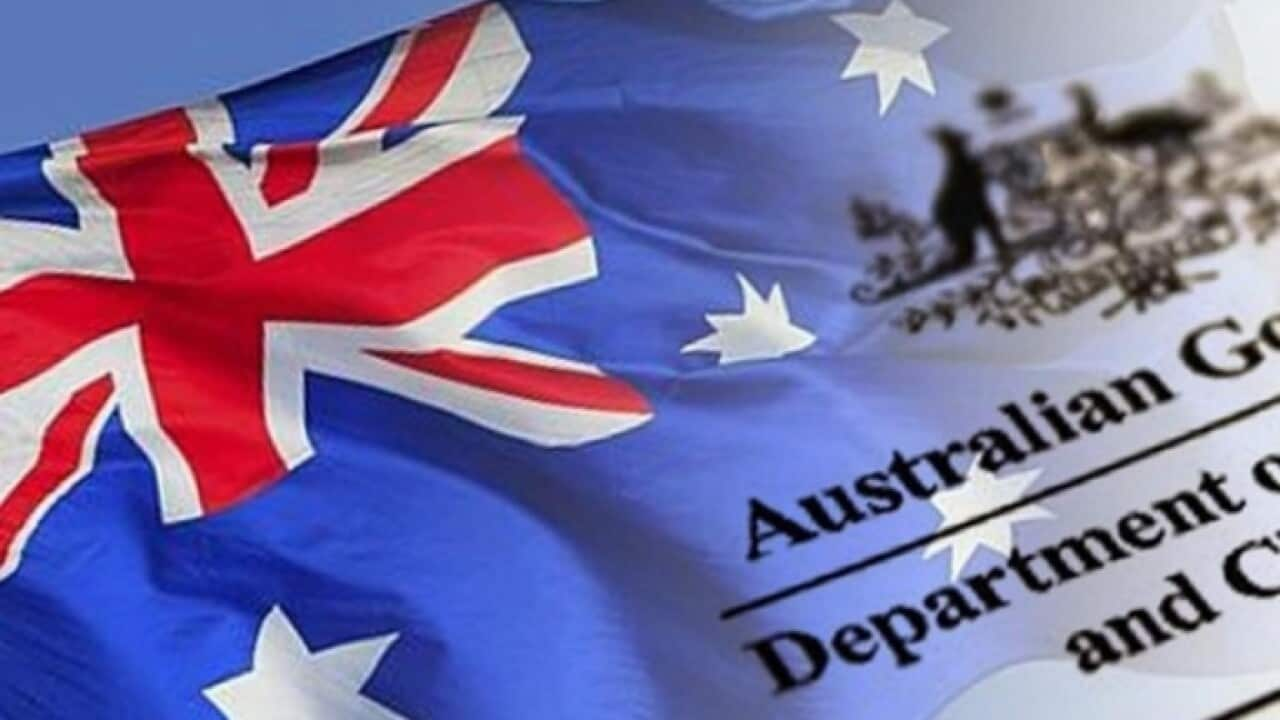The Government has already granted special visas in industries such as aged care, where bilingual workers are increasingly in demand.
For staff at the Fronditha aged-care centre in Melbourne, speaking Greek is essential to improving the lives of the facility's elderly residents.
A 23-year-old worker named Jenny says she has noticed a huge difference in the relationship residents have with staff who can speak their mother tongue as opposed to those who cannot.
"No way they would let you actually give them assistance with non-Greek-speaking staff. But when we go there and we speak the language, they calm down. They are much, much better to communicate. They feel that they're in their home and we can actually help them meet their needs."
The Fronditha centre is home to dozens of Greek migrants who have either reverted to their mother tongue as they aged or never quite picked up the English language in the first place.
Fronditha Care chief executive George Lekakis says bilingual aged-care workers are important for the elderly in multicultural communities across Australia.
"The cultural and language capacity of our new staff, they're able to relate to our residents. They also help with the transfer of information to other colleagues who don't speak Greek. So, despite training our staff in the Greek language -- we offered Greek language courses for them -- this way, we supplement our workforce with people who can speak the language."
The Federal Government has recognised that need, offering Fronditha Care an extra 60 special visas to employ more bilingual staff.
Citizenship and Multicultural Affairs Minister Alan Tudge says the centre must advertise locally first.
"These boutique arrangements which we can enter into allow us to have very personalised arrangements for particular companies, but the essence is still the same: A, we're prioritising Australians first ...and the company has to demonstrate that there's no Australian available -- and, B, they still need to satisfy the criteria which will be set out in the agreement."
With so many niche jobs that do not fall within the list of occupations eligible for skilled visas in Australia, more than 300 boutique arrangements are already in place.
Alan Tudge says the Government is looking to do further deals, based on the needs of individual businesses and various industries, as well as particular parts of the country.
"We're working with the business leaders in two regions at the moment, in North Queensland and in the Goldfields in Western Australia. And both of those regions have very unique circumstances. In North Queensland, they've got a thriving tourism industry, and they've got requirements for things like Chinese-speaking scuba-diving instructors. In the Goldfields, yet again, they've got a shortage of drillers, they've got a shortage of people who can work on some of the nearby farms."
Mr Tudge says, in most cases, visa holders in those boutique arrangements will have a pathway to permanent residency, too.








